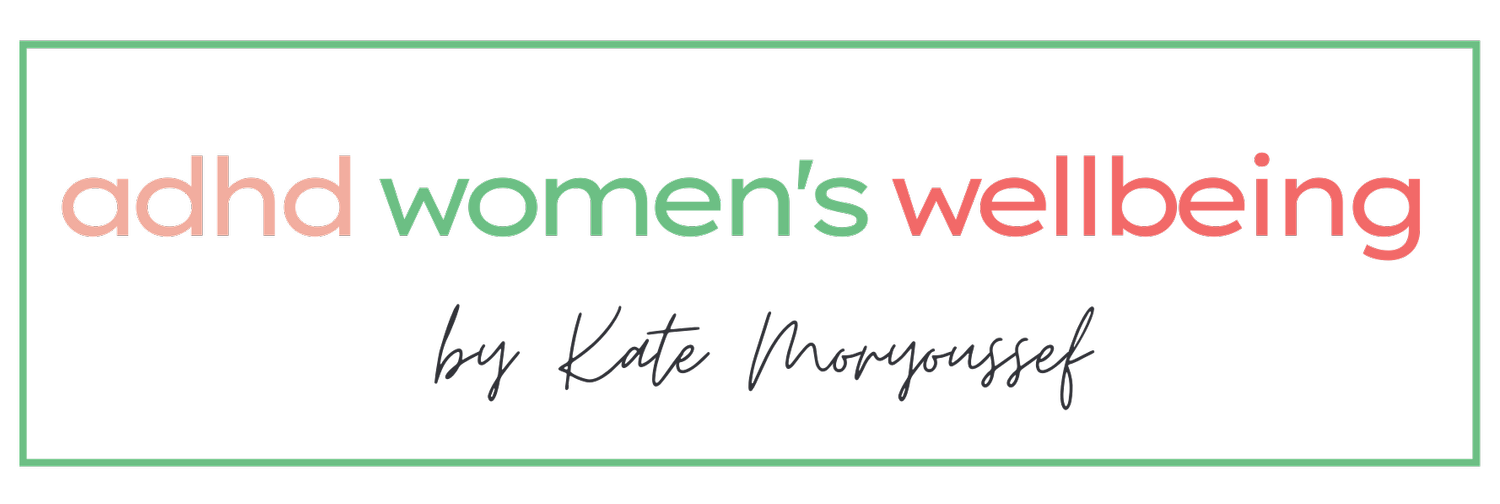Episode 138: Healing from Emotional Abuse and Narcissism with Katie McKenna and Helen Villiers
Today's conversation features the incredibly insightful and informative Katie McKenna and Helen Villers. In this episode, we are talking about the impact of growing up with emotionally abusive or narcissistic parents, understanding this through the lens of neurodivergence and healing from this behaviour so we can finally break systemic generational patterns.
Helen Villiers, LLB, PG Cert, PG Dip, MA, is a psychotherapist with a master's degree in Working Therapeutically with Adult Children of Narcissistic Parents. Helen works with clients recovering from narcissistic abuse; she also specialises in autism and ADHD and is a couples counsellor, too.
Katie McKenna, BA, MIACP is an accredited psychotherapist who specialises in parentification and emotional abuse. Katie educates adults on how their childhood relationships are impacting their current relationships. She helps them recognise and heal from the lifelong impacts of dysfunctional family dynamics through the psychotherapy process.
Together, they co-host the successful podcast 'In Sight', and they have just brought out their brand new book, You’re Not the Problem: The Impact of Narcissism and Emotional Abuse and How to Heal.
On the ADHD Women's Wellbeing Podcast, with Kate, they talk about:
Understanding the definition of Narcissistic Personality Disorder - NPD
Defining terms, such as 'Narcissist' and 'Parentification'
The impact of growing up with an emotionally abusive parent
How a narcissistic parent behaves and the traits of a narcissist
How to set your own boundaries in relationships
Recognising what are neurodivergent traits and what could've been narcissism
Validating your trauma and feelings toward a narcissistic parent
Emotional responsibility, motivational empathy and feeling more empowered
Healing ourselves from emotional abuse
Releasing resentment towards an emotionally abusive family member
How we gaslight ourselves to think their behaviour is justifiable
Breaking the generational cycle of trauma and doing the work so as not to pass on the abusive behaviour
Taking responsibility for traumatised, abusive and narcissistic behaviour
Hypervigilance and being an empath
Understanding 'weaponised ignorance'
Understanding infantilization and enmeshment
